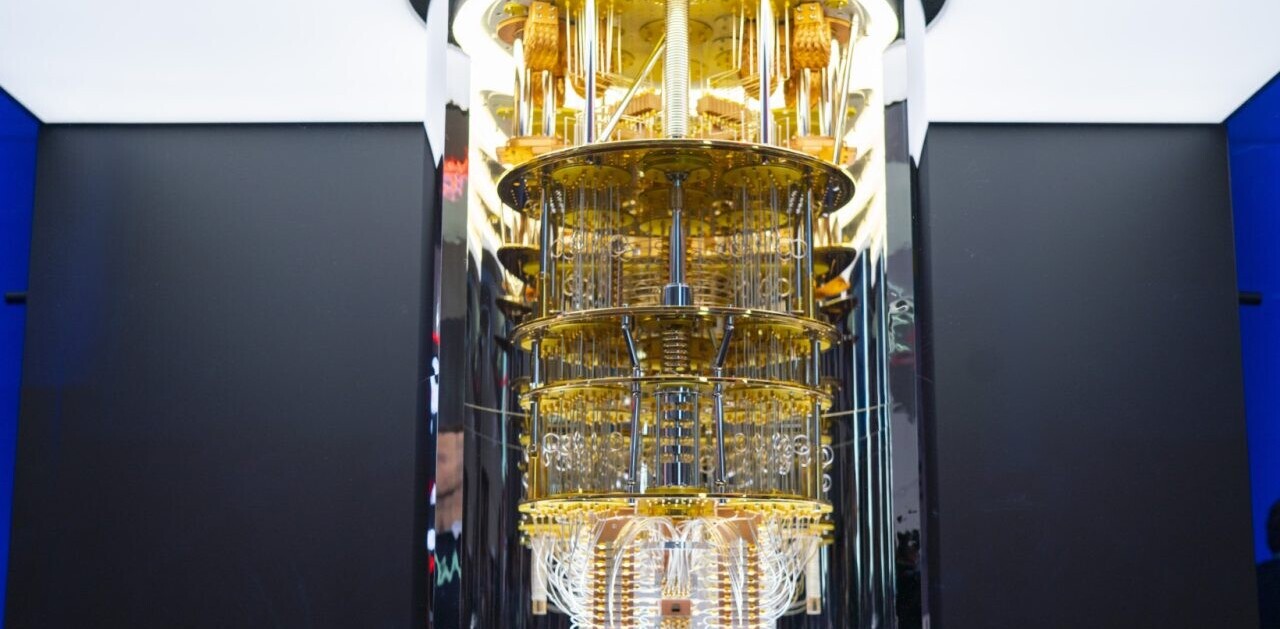
German technology incubator Rocket Internet is most commonly associated with being a ‘clone factory’ that creates imitations of successful businesses, but its ambitious strategy in emerging markets is increasingly challenging that label.
While it is true that Rocket Internet ventures take their cues from existing companies, the organization has graduated from starting and growing businesses in the hope of making ‘quick’ money from acquisitions, to a different philosophy of building longer lasting, permanent entities.
This chart from the Economist recaps the successful sales that the Samwer brothers, who own and run Rocket Internet, have overseen:
Rocket Internet still pumps out a wide-variety of new companies that draw ‘inspiration’ from Silicon Valley success stories, but, as some of its early ventures mature, so the company is shifting to look at the long term for those that have made the grade. The organization remains ruthless about cutting business that aren’t performing or don’t show the requisite growth potential though — indeed, it pulled its entire operations in Turkey overnight in 2012.
Zalora IPO?
The shift in approach is most evident in Southeast Asia where a recent job ad indicates that Zalora, Rocket Internet’s online fashion retail business, is looking into a potential IPO in the US.
Zalora was launched in March 2012, and sells a range of fashion items from independent and global brands across eight markets in Southeast Asia — it covers New Zealand and Australia via a separate site, The Icon.
Alongside sister site Lazada, an Amazon-like site which began selling technology goods but has branched out into other items, Zalora is looking like the most promising venture within Rocket Internet’s portfolio. That assessment is made entirely on interest from investors, however, since neither site has disclosed financial figures.
Money, money, money
Unlike past Rocket Internet ventures, which were built and quickly sold, Zalora and Lazada have gone past the point of being acquisition fodder for Amazon or other online retailers thinking of expanding their global footprint. That’s down to the numerous funding rounds and presumably high valuations for both businesses.
Here’s a potted history of their investment deals to date — it’s worth bearing in mind that these are funded by institutional investors, rather than regular tech-focused venture capitalists:
- September 2012: Lazada raises “over” $50 million
- September 2012: Zalora raises undisclosed round
- November 2012: Lazada raises $40 million
- December 2012: Lazada raises $26 million
- January 2013: Lazada raises $20 million
- March 2013: Zalora raises $26 million
- May 2013: Zalora raises $100 million
- June 2013: Lazada raises $100 million
- December 2013: Zalora raises $112 million
- December 2013: Lazada raises $250 million
That’s close to $750 million in less than two years. An incredible amount for anywhere in the world, let alone Southeast Asia, where traditional investment is comparatively scarce, to the point that corporate companies partake in startup fundraising.
It seems clear that Rocket Internet has different goals for Zalora and Lazada compared to its past initiatives. This time it is about building opportunities in green field regions where online retail is nascent and the top brands in the West are not present.
Both Zalora and Lazada anticipate profitability in 2015 so it makes sense that, having raised a lot of investment, a public listing could be a possible route to take — note: there is no evidence that Lazada is doing so, though the companies have followed similar cycles since launching.
There might yet be a bigger plan, however.
Plans to create international retail super-brands?
Rocket Internet and its investors haven’t just spent big in Southeast Asia. They’ve dished out major investments in e-commerce sites in Latin America, Russia, the Middle East and Africa — I was struck by the potential significance of a minor announcement last year that might just show a glimpse of what the company is planning overall for its e-commerce businesses.
Back in October 2013, Rocket Internet launched real estate platform Lamudi in an initial 12 countries across Asia, Africa and Latin America. The new site was actually a consolidation of different regional businesses, as we wrote at the time:
The launch of Lamudi sees Rocket Internet consolidate four different services — Vamido (Africa), Ubilista (Latin America), Zamudi and House (both Asia) — under one roof.
Could it be that there are plans to unite its business into huge entities? Rocket Internet is already using a ‘single brand for global business’ strategy with Uber rival EasyTaxi, FoodPanda and other businesses, so why not do the same for online retail?
Let’s recap what fashion retail businesses it has and where (there are also other Lazada-like businesses too):
- Zalora: serves 8 (10 alongside The Icon) markets in Southeast Asia, has raised over $250 million
- Lamoda: serves Russia and CIS, has raised over $140 million
- Dafiti: serves 5 markets in Latin America, has raised over $220 million
- Namshi: serves 6 markets in the Middle East, has raised over $30 million
- Jumia: serves 6 markets in Africa, has raised over $30 million
If a united global brand is planned, then a Zalora IPO would suddenly make a great deal more sense.
Rather than floating a company with business that is operational in eight countries in Southeast Asia (a region not known for high consumer spending), it could unite the businesses in Africa, Europe, the Middle East, Latin America and Southeast Asia and float a genuinely global company.
That’s quite a number of ifs and buts and an IPO may not even occur — but the prospect of such an event shows just how far Rocket Internet has moved from its initial position as a clone factory.
We contacted Rocket Internet before publishing this article, but the company declined to comment on global plans for its e-commerce businesses. A Zalora spokesperson declined to comment on potential IPO plans when contacted by TNW.
Headline image via Vadim Sadovski / Shutterstock
Get the TNW newsletter
Get the most important tech news in your inbox each week.








